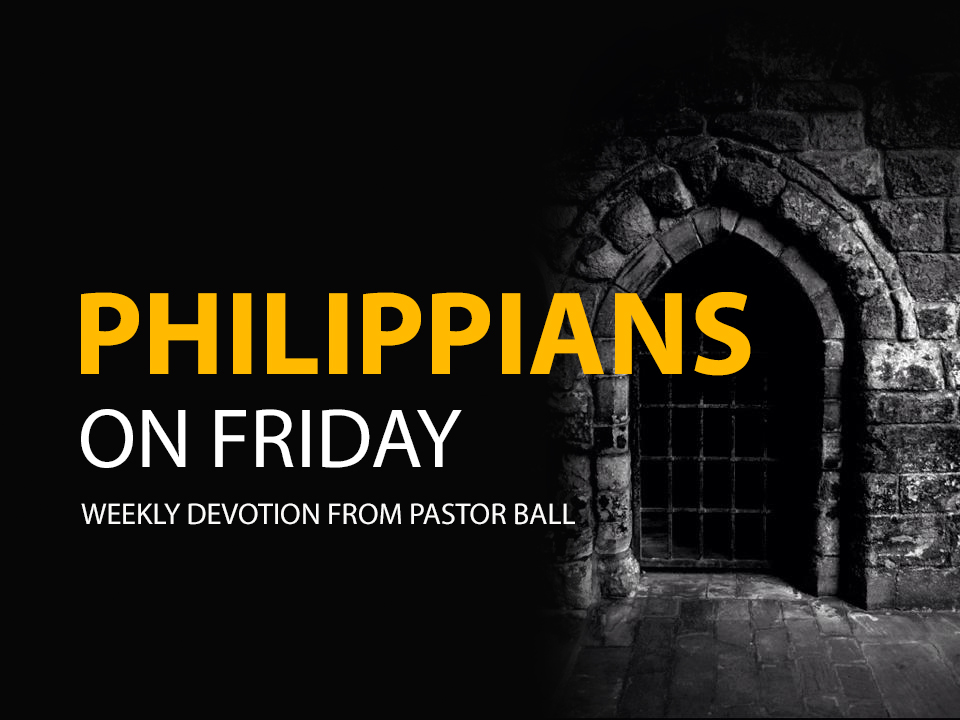Anyone who grew up in the church can probably relate to the fiery preacher’s warning about communion: “Unless you’re where you need to be spiritually, you’d better not participate because you’ll be doing it unworthily and will be eating and drinking damnation to your soul!”
 For some, observing the Lord’s Supper was a frightening time. The prospect of drinking damnation discouraged all but the “holiest” and “most righteous.” It was implied that to take Communion you had to be perfect, or pretty close. For those who felt they weren’t “measuring up,” it was safer to sit in the back than to risk participating unworthily.
For some, observing the Lord’s Supper was a frightening time. The prospect of drinking damnation discouraged all but the “holiest” and “most righteous.” It was implied that to take Communion you had to be perfect, or pretty close. For those who felt they weren’t “measuring up,” it was safer to sit in the back than to risk participating unworthily.
The irony is this type of skewed attitude is exactly the opposite of what celebrating Communion is all about! Communion is about remembering. Its about remembering what Jesus did on the cross. He gave His body to be broken and His blood to be shed so that we could be saved. But it’s not only about remembering that He went to the cross, it’s also about understanding why Jesus went to the cross.
Jesus came to this earth, suffered, and died because man could never measure up! If man, by observing the Law, could have obtained righteousness, a Savior and a Cross would not have been necessary. Paul makes it plain in Galatians:
Gal 2:16 – Knowing that a man is not justified by the works of the law, but by the faith of Jesus Christ, even we have believed in Jesus Christ…for by the works of the law shall no flesh be justified. KJV
Our righteousness, goodness or works will never be enough to put us in right standing with God. If we could be justified by our own works then the Cross was unnecessary.
Hebrews, Chapter 8, puts it like this:
If the first covenant (the Law) was faultless, then there wouldn’t have been a need for the second covenant (Christ) – Hebrews 8:7
 Praise the Lord! Jesus is a mediator of a better Covenant – one established upon better promises. We are declared righteous because of what Jesus did. It’s His righteousness, His goodness, and His perfection that we are trusting in! When we obey the Gospel and are born again, we stand by faith in His work, not ours.
Praise the Lord! Jesus is a mediator of a better Covenant – one established upon better promises. We are declared righteous because of what Jesus did. It’s His righteousness, His goodness, and His perfection that we are trusting in! When we obey the Gospel and are born again, we stand by faith in His work, not ours.
My hope is built on nothing less than Jesus’ blood and righteousness. I dare not trust the sweetest frame, but wholly lean on Jesus’ Name.
Observing the Lord’s Supper is about remembering that Jesus died on a Cross – because I could never measure up. Communion is not for perfect people. That notion would defeat the whole purpose of the sacrament. Communion is celebrating the fact that we stand in His righteousness, not our own. We trust in His moral perfection, not our own. We are clothed in His purity – a purity we could never attain apart from Him.
Paul said, “Let a man examine himself…”
If perfection were the qualification to partake of Communion then Paul would never have encouraged self-examination. If perfection were the pre-requisite, and Paul wanted us to participate, then Paul may have said:
“Whatever you do, don’t examine yourself!”
Because an honest self-examination will always render a guilty verdict – we will always find imperfection. If it were about perfection, self-examination would always result in each of us being disqualified to participate in Communion. He said, examine yourself and then participate:
1 Cor 11:28 – But let a man examine himself, and so let him eat of that bread, and drink of that cup. KJV
The purpose of examination was never to discourage us from participation; rather it was intended to help us see why we need to participate. What self-examination is supposed to accomplish is to bring us to a stark realization of our own human frailty. When I look inwardly, I come to the conclusion that even in my best attempts, I still fall short of the mark. But that isn’t supposed to preclude me from participation. Paul said, “And so let him eat!”
In other words, my conclusion that I’m an imperfect human being causes me to remember the Cross. I eat the bread and drink the cup as a glorious reminder that my trust is in the Cross – my faith is in His work, not my own.
Certainly, I cannot reflect on the Cross and treat sin frivolously. I’m not advocating celebrating the Lord’s Supper without solemn repentance and heart-felt confession of sin. How can I reflect on the sufferings of Christ and it not cause me to die to sin and worldliness?
Neither is Communion to be done frivolously. It’s not the same as eating a light-hearted meal with our fellow believers (like what was happening in Corinth.) It is a very serious and solemn sacrament.
Communion is not a celebration of our perfection – it’s a celebration of His perfection.
Repentance and solemness are all part of observing Communion, but let’s not lose sight of what’s at the root of the celebration: Imperfection doesn’t disqualify us from participation, rather our own human imperfection is the very reason the Lord’s Supper is necessary! Communion is not a celebration of our perfection – it’s a celebration of His perfection. It’s not a glorying in our own achievements – it glorying in the Cross.
Wouldn’t it be the epitome of irony if the one’s who are truly guilty of eating and drinking “unworthily” are the very people who feel like they are measuring up and are worthy of taking communion? That makes me think about the two men that Jesus observed praying in the temple. Remember what He said about the man who prayed like he all it all together? He was the one who went home unjustified.
I believe the people who are worthily celebrating the Lord’s Supper are the one’s who are trusting in Christ’s sacrifice at the cross. They are frail human beings doing their best to please God, but still, at times, falling short of the mark. But they celebrate communion by remembering that it is for that very reason Jesus came. They are the ones who are truly “discerning the Lord’s Body.” They understand it was “His body on the tree” that paid the debt man was unable to pay and when we don’t measure up, the Blood of Christ makes up the difference!
~Matthew Ball













